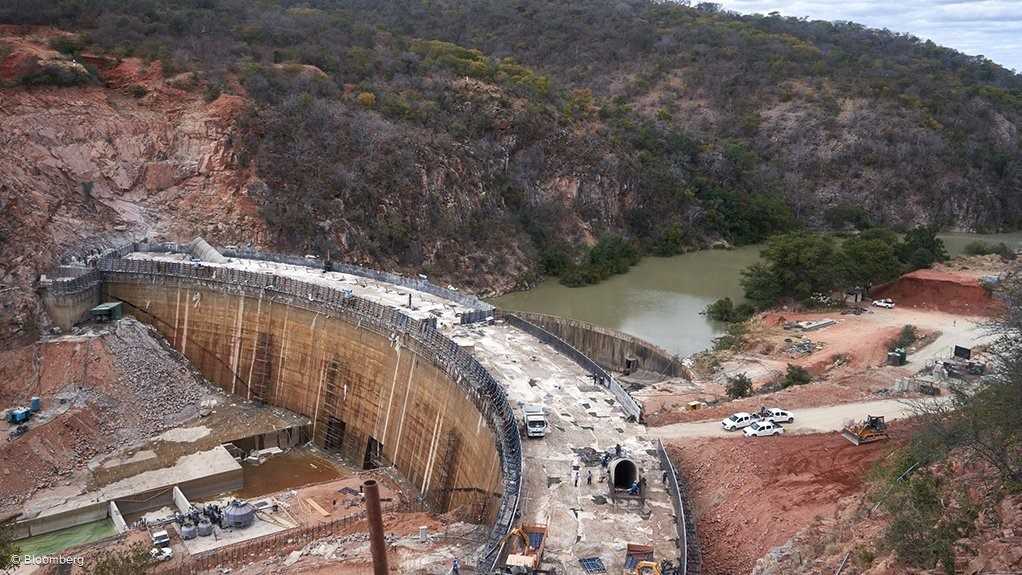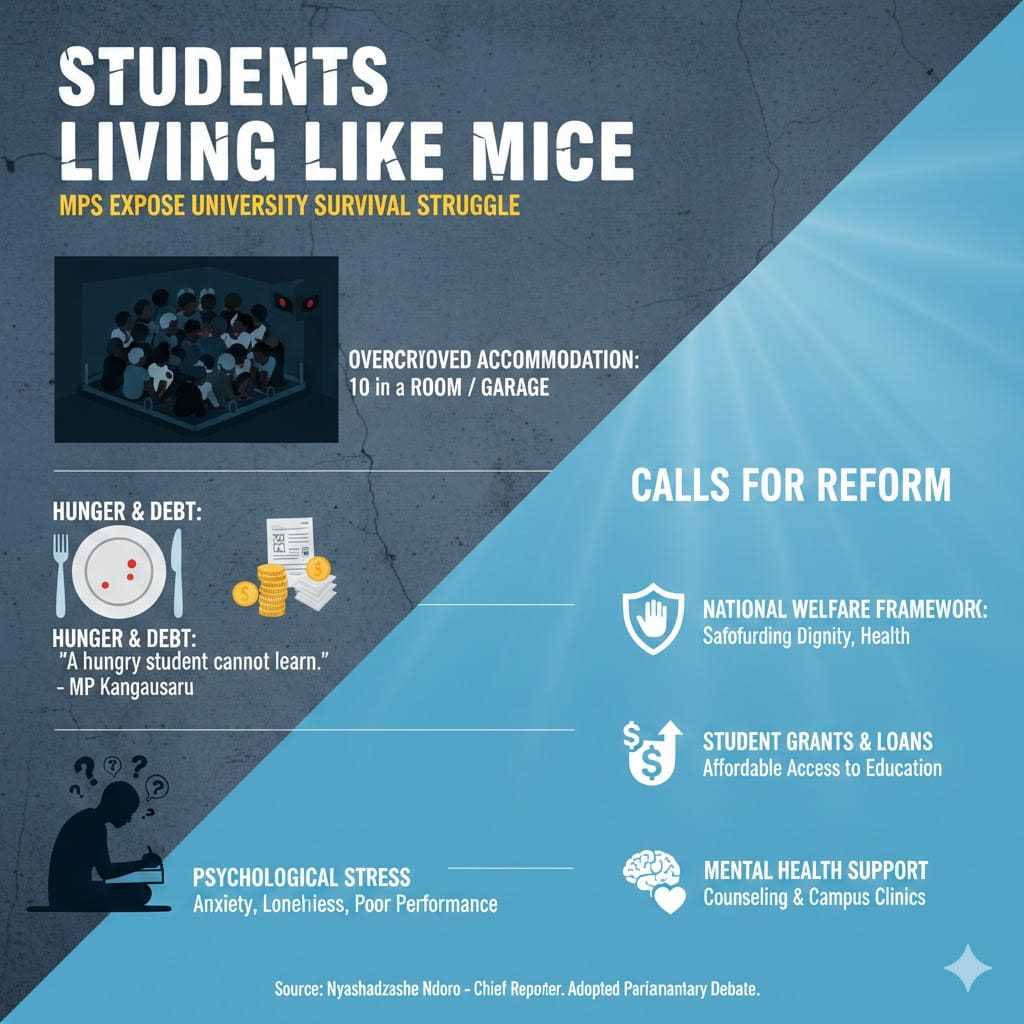
Oscar J Jeke - Zim Now Reporter
The Senate adopted a motion calling on the Government to urgently accelerate the construction of dams and modern irrigation infrastructure as a strategic response to Zimbabwe’s deepening climate crisis and worsening food insecurity.
Debated under the theme of climate change mitigation, the motion highlighted that erratic rainfall patterns have made reliance on rain-fed agriculture unsustainable and unpredictable. Senators expressed deep concern over the frequency and severity of droughts, warning that these conditions continue to threaten food security, agricultural sustainability, and rural livelihoods across the country.
Senator Robson Mavenyengwa, in closing the debate, said, “I rise to thank all the Hon. Senators who debated this motion, which is quite important. The motion to do with climate change looks at what we could do as a nation. I believe that even when the ministry officials read the Hansard and when they look at the contributions that were made by the Hon. Senators, this would add value even to the Ministry and the contributions are going to ensure food security. This is going to allow us to solve a number of problems even as we face water challenges and in different situations, even if there is drought. I believe that all the issues that were raised during the deliberations are quite important and helpful.”
Related Stories
The motion, which was agreed to and adopted, urged the Government to prioritize the construction of additional dams and water storage facilities to mitigate the adverse effects of drought. It also called for the acceleration of the establishment and modernization of irrigation schemes to ensure the stability of food production throughout the year.
Further to this, the motion called on the Government to conduct a nationwide assessment to identify and allocate sufficient land for large-scale irrigation aimed at boosting national food security. It also recommended the strengthening of policies that promote climate-smart agriculture, including the adoption of advanced irrigation technologies, water-efficient farming methods, and renewable energy solutions for agricultural sustainability.
In addition, the Senate motion advocated for increased budgetary allocations and investment in agricultural infrastructure to ensure the country is better equipped to cope with the effects of climate change.
The motion’s urgency as recommended by senators for reflective resolutions, highlights a greater need to act on climate change mitigation and for a coordinated national response to ensure agricultural resilience and food security in the face of increasingly unpredictable weather patterns.


















Leave Comments